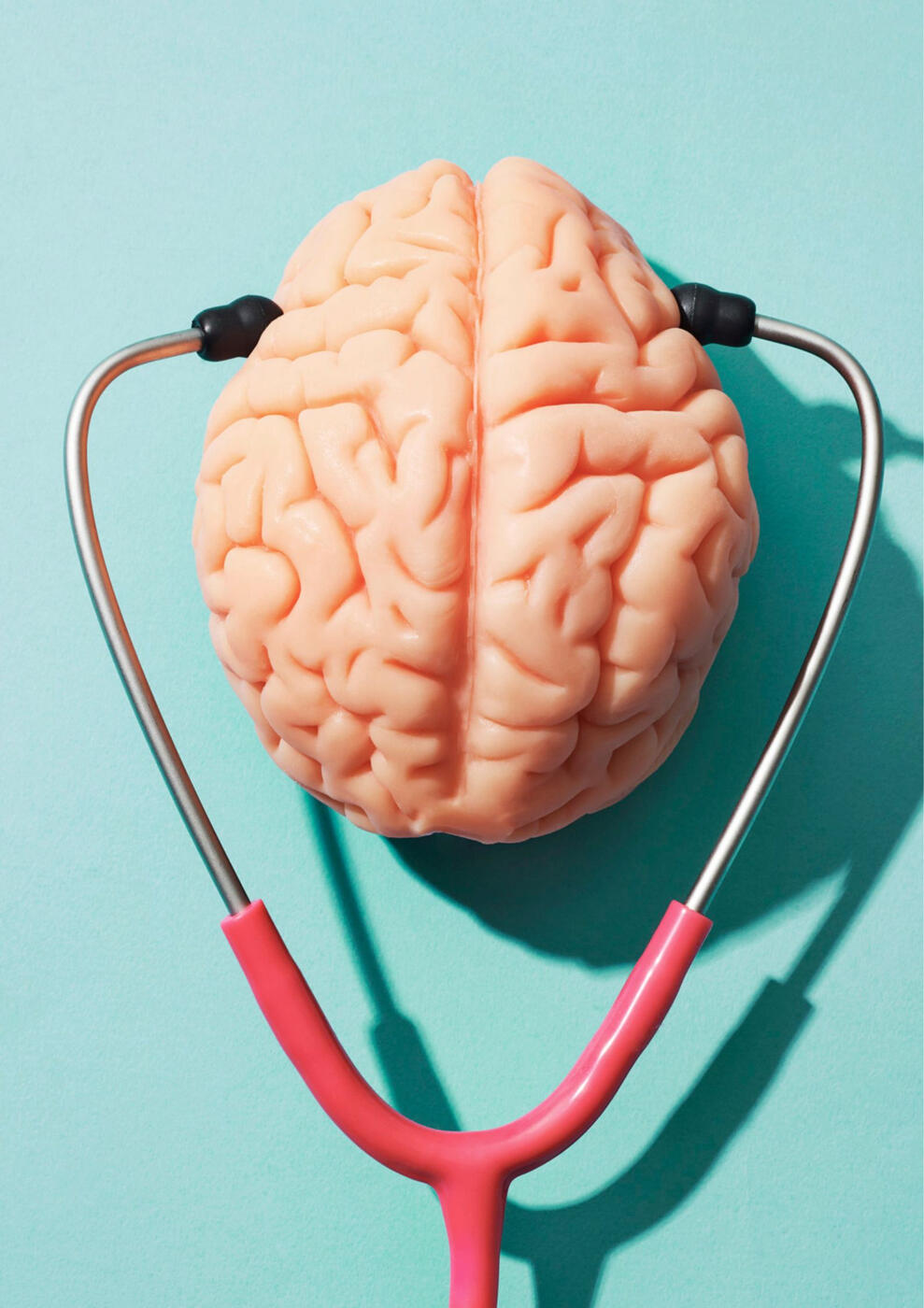
PSYCHOLOGY DEPARTMENT

WHY STUDY PSYCHOLOGY?
The Undergraduate program in Bachelor of Science in Psychology provide initial training and additional preparation in natural sciences for those interested in the practice, research and teaching of Psychology in three setting- clinical, educational, and industrial or corporate.Furthermore, it provides preparation for graduate studies in the various fields of psychology, as well as further studies in other professions such as medicine, law, and business management.
CAREER OPPORTUNITIES AS A PSYCHOLOGY GRADUATE

EDUCATOR
Psychology graduates interested in the education sector have a number of different options. As well as educational therapy, educational psychology and social work within education, psychology graduates may qualify as teachers, working in primary, secondary or tertiary level education.
GUIDANCE COUNSELOR
As a counselor you’ll be involved in helping people come to better terms with their lives and experiences through exploration of feelings and emotions.


ACADEMIC RESEARCHER
Psychology careers in research may be based within research agencies, public and private organizations or in universities. University-based careers vary but tend to combine research and teaching.
MEDIA AND ADVERTISING
Psychology graduates can impart valuable insights into human behavior, as well as offering the ability to analyze problems, listen attentively, give considered responses and act with empathy and reason.


HUMAN RESOURCE MANAGEMENT
Psychology is all about understanding people and how they think, making human resources and communications careers another good match.
PSYCHOLOGIST or PSYCHIATRIST
With further study and training you’ll be able to gain qualification as a chartered psychologist. Within this highly specialized role, you’ll work with people of all backgrounds, both patients and clients. You’ll analyze behaviors, thoughts and emotions in order to better understand and advise on certain actions and/or psychological issues.(Note: If you wish to become a psychiatrist – a doctor specializing in the diagnosis and treatment of mental health disorders – you will need to gain a medical degree.)


PRELAW & PREMED
The ABA recommends undergraduates gain skills in problem-solving, critical reading, writing and editing, oral communication and listening, research organization and management, public service and promotion of justice, relationship-building and collaboration, and law.Earning a bachelor's in psychology builds on these key skills needed for a legal career. Psychology pre-law undergraduates develop critical reading, analytical thinking, public speaking, and researching skills.According to the Law School Admission Council's (LSAC) 2020-2021 enrollment report, the top 10 majors for pre-law students include political science, psychology, criminal justice, English, and economics.The medical field is vast, and physicians draw on many skill sets depending on their specialty. Additionally, universities accept applicants who hold bachelor's degrees from various fields. Students interested in psychology should feel confident about selecting this subject as their major.Students interested in psychiatry, neurology, or behavioral medicine can get valuable skills as a psychology pre-med student.For instance, taking developmental psychology allows graduates to appreciate differences in patients by age. This information can also help practitioners by creating a bridge between the way a patient's cognitive skills, personality, and physical health affect each other.Students should note that while med schools accept various majors, they need to make sure their undergraduate degree still fulfills prerequisite coursework. Basic prerequisite requirements include biology, chemistry with labs, biochemistry, and physics.According to the MCAT-GPA grid provided by the Association of American Medical Colleges, just over 40% of students get accepted to medical school. Students should consider how to distinguish themselves from other applicants. A degree in psychology emphasizes the interpersonal, intrapersonal, reasoning, and thinking competencies that schools seek. This includes ethical responsibility, critical thinking, quantitative reasoning, and awareness of human behavior.
